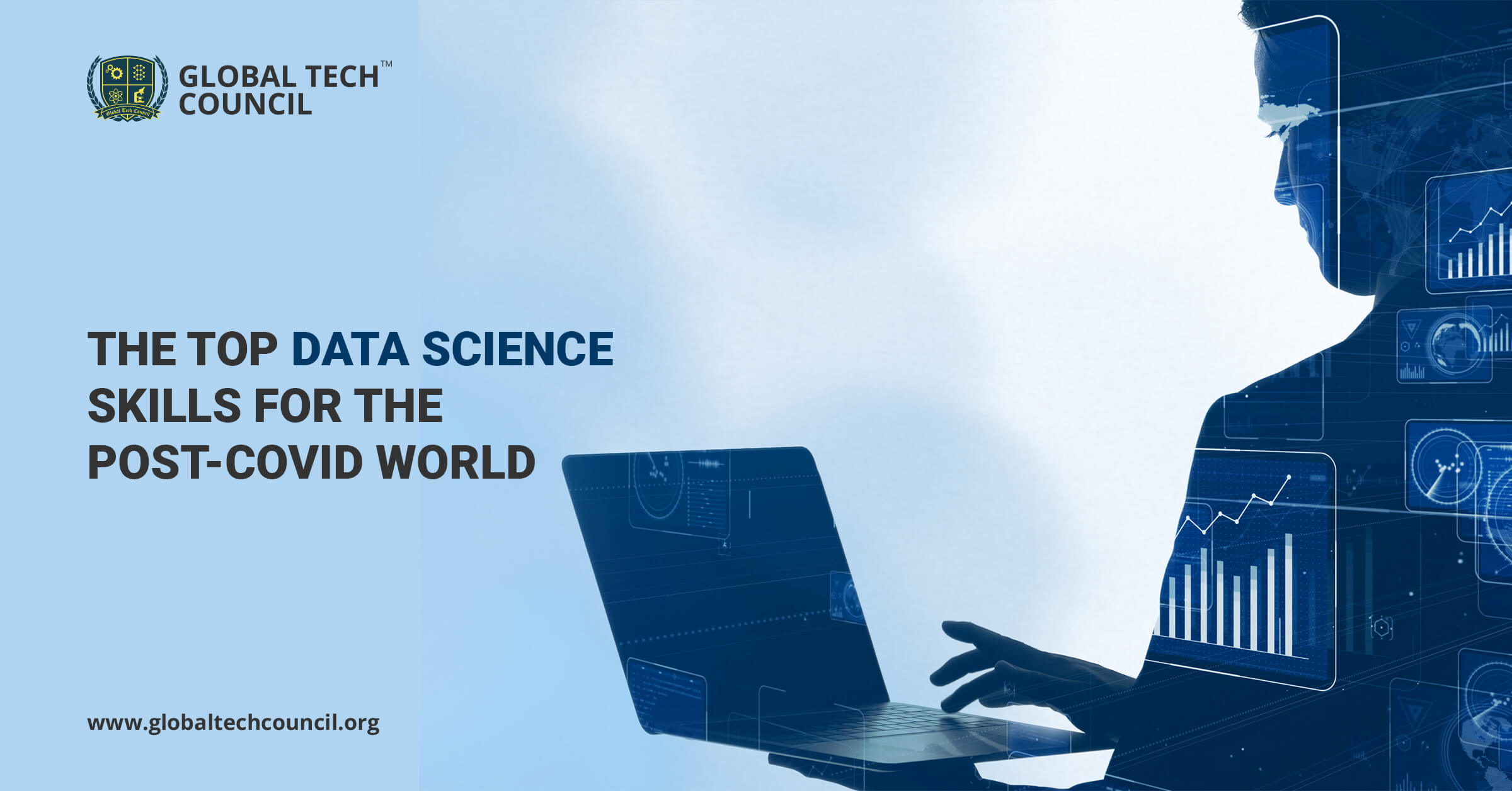
Many Corporations are encouraged to change their tactics after the COVID-19 pandemic to maintain business sustainability in the post-lockdown environment. As a result, data scientists could either upskill or reskill themselves with some meaningful skill sets to maintain their relevance. As a result, it’s become critical for data science experts to reconsider their career paths.
So today, in this post, we will talk about some of such functional data science skills.
First Skill – Data governance as well as maintenance
Within companies, there’s been a lot of emphasis on ensuring that the results of data analysis are accurate and informative. From an information management and administration standpoint, the following are the most important considerations for businesses:
- Where did the data come from?
- How pleasant it is, and how thoroughly it has been examined?
These considerations are especially essential when working with data from permanent fields when the accuracy of the areas is critical. Dealing with data in this fashion necessitates the employment of an expert to assess the language involved, how data has been recorded, and if it can be read accurately. If anything isn’t suitable, someone has to notice it as well as fix it right away.
In a short period, the situation has changed dramatically. Not only the world but also the language we utilized. That implies that if we don’t change the approach we handle and govern information, it will rapidly become obsolete, as it has in some instances currently.
Second Skill – Vision Recognition by Computer
Computer vision, which can find patterns in many pictures, is another best data science certification online course that you can go for. This technology would gain a lot of popularity in the post-COVID era. Following the outbreak, the use of facial recognition technologies may become mainstream. In its present form, the computer vision technique is mainly employed to keep social distance and monitor persons who wear a mask.
Deep learning can even assist doctors in discovering irregularities in chest radiography pictures. Thus this technology has a wide range of opportunities in the medical business. Companies are actively adopting this innovation to improve their operations. Therefore data scientists must master this aspect of artificial intelligence to keep the industry afloat post-pandemic.
Third skill – Visualization of data
Data visualization abilities are in high demand right now and are one of the best data science certifications you must have in your resume. It should come as no wonder that we will require individuals to analyze statistics in the future. But, increasingly, we’re witnessing the requirement to display this data in a manner that individuals can comprehend, which requires an entirely new set of abilities. After dealing with the pandemic’s direct
consequences, many businesses are thinking ahead as well as wondering, “What is our prospective business plan?” And how will the information be used to guide this tactic? This is especially true in companies with a customer-facing activity, whether dealing with corporations or individuals. Here’s where data visualization plays a part. It’s the capacity to take numbers, extract patterns, opportunities, including hazards, and then convey this information to choice makers who may not have expertise in this field or don’t deal with data every day.
Fourth Skill – Natural Language Processing
With organizations striving to collect as much information as possible these days to provide the best customer support in the midst of an emergency, natural language processing might be a valuable tool for them. Many organizations adopt self-service technologies like chatbots that integrate natural language processing and different languages to handle consumer concerns effectively. To assist organizations in developing automated alternatives for a superior result post-COVID, data scientists must grasp and master natural language processing.
For instance, Mercedes-Benz, a German multinational vehicle manufacturer, has stated that it is researching deep learning or DL and natural language processing or NLP technologies to enhance driving dynamics. The industry’s innovative technologies have helped a new experience of driving by automated answers from measuring the requirements and emotions of the driver, according to the media.
Fifth Skill – Geospatial Data
While the COVID-19 outbreak, corporations as well as governments all around the globe used geospatial technologies to track the virus spread and monitor affected parts of the country, the geospatial data has aided in improved system design and processing as more individuals work on data-driven information processing. Mostly during quarantine, the tool can also assist the manufacturing and retail industries identify the disease’s concentration zones.
Transerve Solutions, a geospatial specialist, has revealed the availability of Transerve Online Stack, which uses geospatial data to create COVID-19 density areas. As per the firm, this innovation has aided small businesses and startups, major retailers, including supply chain experts, in emerging strong and re-starting their firms in the post-COVID environment. As a result, companies are seeking individuals with experience dealing with geographical information. A geographic data scientist would be needed to examine considerable geospatial information, such as satellite photos, demographic data, Google maps, and socio-economic data, including topography, to provide information and insight to allow enterprises to make money.
Conclusion
So these were the top five most helpful data science skills in the post-COVID pandemic. You can opt for any of the given fields above, and you are more than likely to chase a career with high demands in the future.